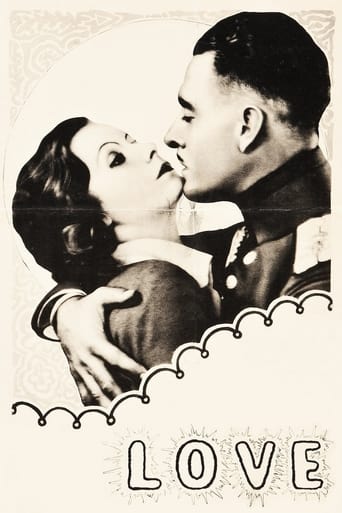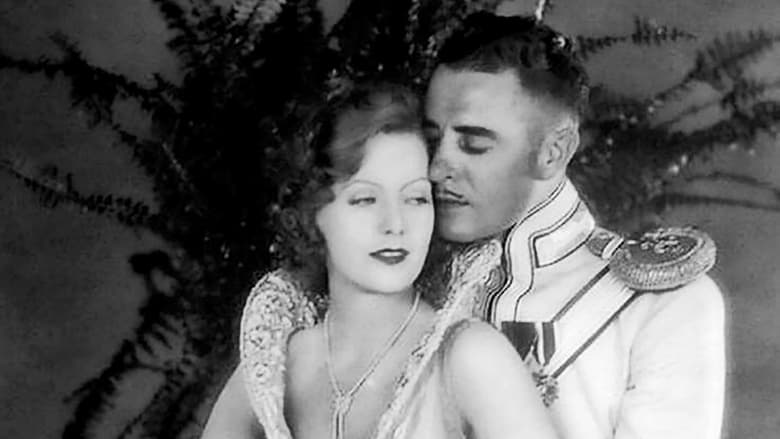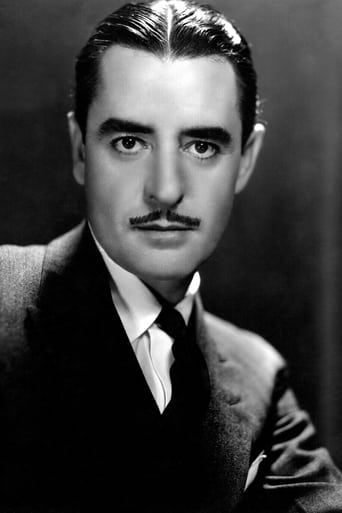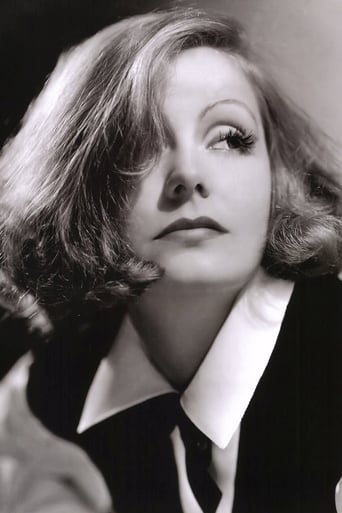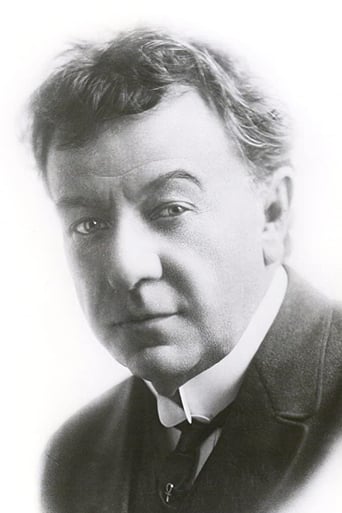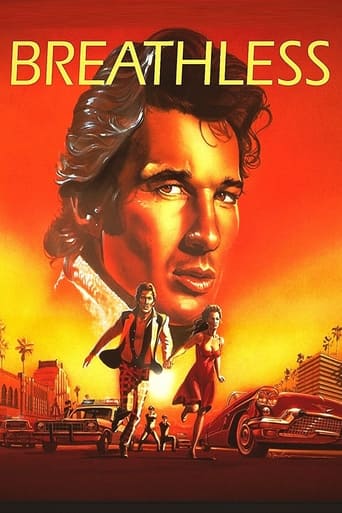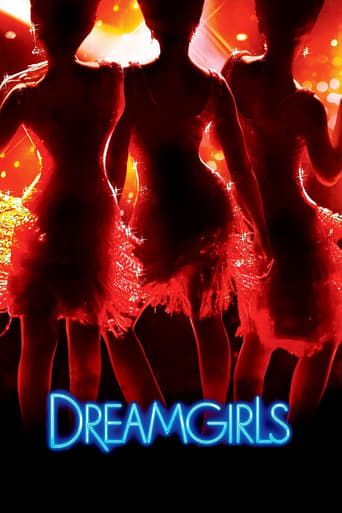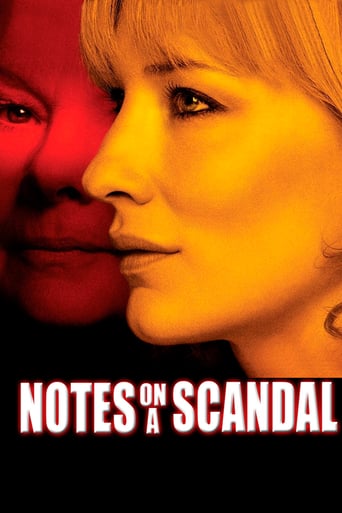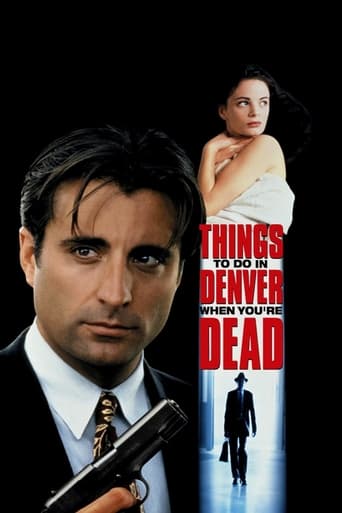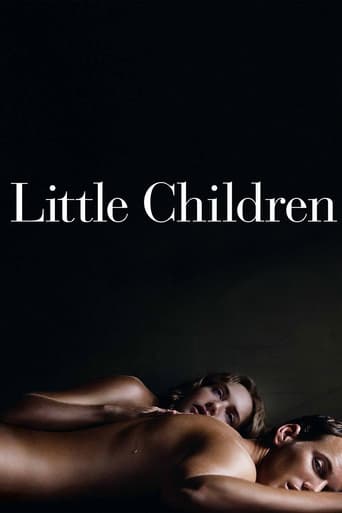Love (1927)
In Imperial Russia, Anna Karenina falls in love with the dashing military officer Count Vronsky and abandons her husband and child to become his mistress.
Watch Trailer
Free Trial Channels
Cast


Similar titles
Reviews
Best movie ever!
Blending excellent reporting and strong storytelling, this is a disturbing film truly stranger than fiction
There are moments that feel comical, some horrific, and some downright inspiring but the tonal shifts hardly matter as the end results come to a film that's perfect for this time.
The storyline feels a little thin and moth-eaten in parts but this sequel is plenty of fun.
LOVE is the perfect title for this hacked-down adaptation of Tolstoy's mammoth novel ANNA KARENINA. It was made to cash in on the popularity of Greta Garbo and John Gilbert, fresh from their box office triumph in FLESH AND THE DEVIL earlier the same year. Like virtually all of Garbo's silent films, much of the screen time is devoted to watching the great tormented Swede abandon herself to love, suffer for love, contemplate love, lose love, die. It is interesting to compare this version of the novel with the one made eight years later in which Garbo played opposite Fredric March who, while less dashing and handsome than Gilbert, did give a fine performance as the impetuous and essentially cruel Count Vronsky. In the latter film Garbo is less attractive due to the clash between the curly coiffure she is given and the strong planes and features of her face. She even looks like a male in drag in some scenes. But in LOVE she is beautiful and feminine throughout. The clinging 1920's-style dresses help, even if they detract from the authenticity of a story that is supposed to be set in 1870's Russia. Gilbert was one of the best actors of his era and the talent shows here. He is also a magnetic screen presence and one can understand why audiences in 1927 flocked to see these two together. The scenes of mother-son tenderness between Garbo and Philippe deLacy do indeed seem incestuous as others have pointed out, but so do the scenes between Garbo and Freddie Bartholomew in the 1935 version. I think it was just Garbo's way of expressing love on screen; you see her perform the same kind of nuzzling in other movies, whether the attentions are being given to a man, a woman or a child. I disliked both endings, but at least Garbo was ravishing in the happy one. And remember, Garbo was just shy of 22 when she filmed this, yet she is believable as an older woman. She had a face that could express any age. This movie cries out for a re-scoring. The print shown on TCM is marred by what sounds like muffled applause from time to time.
Love is a better than you expect silent film romance.There are a few remarkable qualities a film lover will encounter in Love. Foremost is how little the emotional impact of Love has faded over the years (relative to other silent films). Often silent films are enjoyable because they have aged and we can delight in their quaint or old-fashioned sensibility, laughing while comparing how much movies and pop culture have changed. Love, however, has largely maintained its original affect, which is particularly amazing given it is a sentimental tear-jerker romance, a genre that ages, perhaps, lest well. These eighty years later we still can related to the feelings of both Captain Count Alexei Vronsky (John Gilbert) and Anna Karenina (Greta Garbo) while we root for their love. Of course there are plenty of moments, originally dramatic, that are now laughable, but over all the film has age well. (Most odd is the depiction of Anna and her son's love. Today it plays with disturbingly incestuous overtones. I do not know how it played in 1927.)The second striking feature, also related to how well this film has aged, is how beautiful Greta Garbo appears. Like many elements in silent films, standards are beauty may not translate across generations. Actors and actresses considered amazingly beautiful in the teens and twenties may no longer satisfy the modern movie star equivalent. Garbo, however, is still strikingly, obviously beautiful. The final striking feature is a bit of trivia there are two endings to Love, an American ending and a European. The difference in endings is striking in that the same divergent choices would probably be made today. The European ending is bleak, tragic and emotionally effective, as Anna steps in front of the rushing train rather than live without her lover and son. Further, it is the ending in the original text, Leo Tolstoy's Anna Karenina. The American ending is predictable, saccharine and laughable. Americans in 1927, like American today, want their romances to end with all the loose ends tided up, all the obstacles overcome, and all our couples marring to live happily ever after.Story Synopsis: Love is based on Leo Tolstoy's Anna Karenina. Anna Karenina meets Captain Count Alexei Vronsky in a terrible blizzard late one afternoon and he helps her to shelter. He is instantly smitten, but she rejects him. Vronsky helps Anna back to the Czarist court and her husband, Senator Alexei Karenina. Vronsky too is part of the court, the top assistant to the Grand Duke. Vronsky and Anna continue to meet at various events: official functions, dances, wolf hunts. Eventually they fall hopelessly in love. The court is abuzz as it is obvious to all who see Vronsky and Anna that they are attracted to each other. Karenina cold and authoritarian, warns Anna of court gossip and commands she at least be inconspicuous and avoid public scandal. Anna and Vronsky try a number of times to stop seeing each but their love is overpowering. Eventually they abscond to Italy, rejecting their former lives to live as lovers. Anna, however, cannot bare being away from her son. When she returns Karenina refuses to allow Anna to visit her son again. Further, Anna finds out that Vronsky is going to be dismissed from his military post because of their affair. Realizing how awful that would be for Vronsky she makes a deal with his commander: if she leaves St. Petersburg forever Vronsky will retain his post. She decides to leave on the next train, sacrificing her happiness for Vronsky's. But Anna cannot bear the thought of leaving both her lover and her adored son. Instead of riding her train into exile she steps in front of it to her death. The ending is sudden, shocking, and effective. A surprisingly poignant ending to a film of pleasant surprises. American Ending: Years later Vronsky happens upon Anna and her son. Vronsky has maintained his high military post, Anna's husband is dead, mother and son are together, Anna and Vronsky still love each and will surely soon marry now that they have re-found each other. And we have "happily ever after'.
LOVE (Metro-Goldwyn-Mayer, 1927), directed by Edmund Goulding, reunites John Gilbert and Greta Garbo, who were initially teamed in the steamy romance triangle, FLESH AND THE DEVIL (MGM, 1927). From the novel "Anna Karenina" by Leo Tolstoy, MGM updates the photo-play from 19th Century Russia to more contemporary setting. In spite of these and other changes, the plot remains loyal to Tolstoy giant sized novel, abridged to an 80 minute movie.The story opens during a violent snow storm where Anna Karenina (Greta Garbo) is trying to get to St. Petersburg, Russia. Count Alexi Vronsky (John Gilbert), a young military man just passing through, sees this beautiful woman in distress and offers to help her. Unable to get to St. Petersburg on time, Anna is offered shelter at an inn. Alexi and Anna are then mistaken for a married couple with their bags being placed in the same room. The two find themselves in love with Alexi unaware that Anna is married to a senator (Brandon Hurst) and mother to a young boy (Philippe De Lacy) she adores. When Senator Karenin learns of Anna's illicit affair, he at first decides not to do anything in hope that they would eventually destroy each other. But Anna finds she must face the decision of whether to leave home and never see her son again, or remain in her present loveless environment with the only redeeming person being her son.In the supporting cast are George Fawcett as Grand Duke Michael; Emily Fitzroy as The Grand Duchess; and Mathilde Comont as Mazha, the innkeeper. Almost forgotten, LOVE was remade and improved during the sound era of 1935, restoring it back to ANNA KARENINA with Garbo reprising her tragic heroin role, possibly just as famous as her other heroine of CAMILLE (MGM, 1936). The remake, set in 19th century Russia, is supported by Fredric March, Basil Rathbone and Freddie Bartholomew in the Gilbert, Hurst and DeLacy roles. In both versions, Garbo's most effective scene occurs when Anna, forbidden ever to see her boy again, sneaks into the house to visit with him on his birthday during the absence of her husband. After their reunion, joy spreads over both their faces as mother and son embrace. Garbo shows her ability with these scenes as an emotional and personable actress. However, the modern 1920s costumes she wears in LOVE appear to be the most outrageous (ugly hats and dresses) ever worn by an attractive woman. The character of ANNA KARENINA returned to the screen again as a 1948 British adaptation starring Vivien Leigh and Sir Ralph Richardson. There was even a 1985 television movie with Jacqueline Bisset and Christopher Reeve, the best appreciated being the 1935 Garbo remake. Long before the Turner company resurrected this hard to find cinema classic, LOVE made its television debut on New York City's public television station, WNET, Channel 13's presentation of MOVIE'S GREAT MOVIES, September 10, 1973, hosted by Richard Schickel, with the feature film accompanied by an original orchestral score composed for this and 12 other silent films in the series. When currently shown on Turner Classic Movies, especially on its Silent Sunday Nights, the score for LOVE has been changed to a new orchestration, but handicapped by off-screen laughter and unnecessary hand clapping in the wrong places, making one wonder why? On the plus side, TCM presents LOVE with two endings: happy and tragic, making this worth seeing with its alternate conclusions. (***)
Slow-moving, silent version of Tolstoy's classic Anna Karenina, stars Garbo as a married socialite who has an affair with soldier Gilbert. This followed shortly after the duo made Flesh and the Devil, but it is not a worthy follow-up. There are two endings-one happy and one sad. Remade by Garbo in 1935. Only merits 2 stars in my book.

